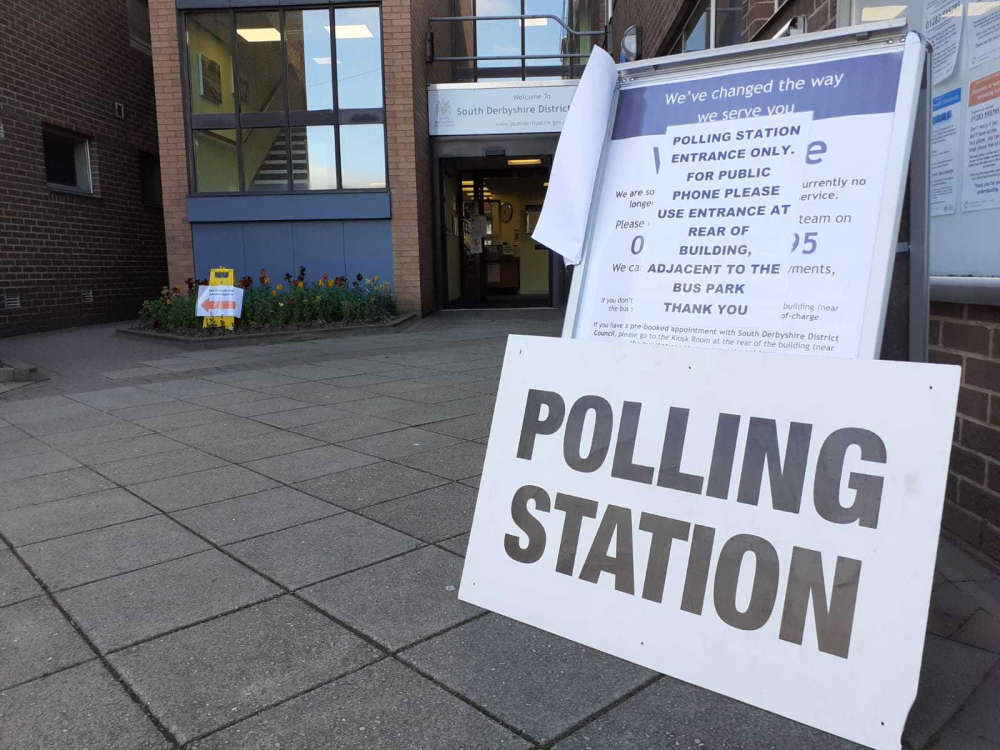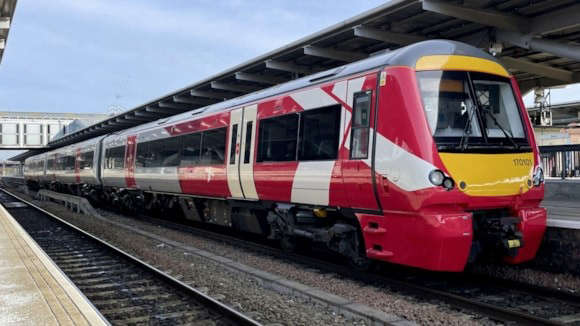
The Government has today taken the first steps to ensure transport strikes no longer grind the country to a halt.
The Transport Strikes (Minimum Service Levels) Bill means, even during the most disruptive of strikes, a certain level of services will still run. This will allow passengers to go to work, attend school and make vital medical appointments and businesses to continue to grow the economy.
As well as the huge impact on peoples day to day lives, economists have assessed that the first wave of rail strikes alone, in June 2022, cost the UK economy nearly £100m, putting extra pressures on business and stopping people from across the country accessing their workplace during a cost-of-living crisis. This law will mean businesses and passengers are no longer disproportionately and unfairly hit in the pocket through events outside of their control and the decisions of striking workers and the Unions.
The Prime Minister is delivering on her commitment to introduce the legislation within her first 30 parliamentary sitting days and meets a Conservative Party manifesto commitment to limit the impact strikes have on hardworking people and businesses across the country.
Prime Minister Liz Truss said: Hardworking people and businesses should not be held to ransom by strike action which has repeatedly crippled our transport network this year.
This legislation delivers on our 2019 manifesto and will not only limit the unions ability to paralyse our economy, but will ensure passengers across the country can rightly continue to get to work, school or hospital.
Transport Secretary Anne-Marie Trevelyan said: Strikes have affected nearly all of us over this last year whether that means losing out on a days pay at work, having to close your business, missing vital medical appointments or stopping our children from getting to school.
"It is vital that public transport users have some continuity of service to keep Britain moving and growing - this legislation will give everyone the certainty they need to carry on with their daily lives."
The legislation will mean:
A minimum service level must be in place during transport strikes - if this is not delivered, the unions will lose legal protections from damages. Employers will specify the workforce required to meet an adequate service level during strikes and unions must take reasonable steps to ensure an appropriate number of specified workers still work on strike days.Specified workers who still take strike action will lose their protection from automatic unfair dismissal.The Bill will set out the legal framework to allow minimum service levels to not only be set across the entire transport sector, but also implemented and enforced. The specific details of how minimum service levels will apply to transport services will be set out in secondary legislation in due course after a public consultation.
The intention of the legislation is that relevant employers and unions agree a minimum service level to continue running during all strikes over a three-month period. If such a level cannot be agreed, an independent arbitrator - the Central Arbitration Committee - will determine the minimum number of services.
The Bill was due to go through its First Reading on Thursday 20th October 2022. The legislation is expected to come into force on transport services across the country in 2023 and follows similar rules already in place in countries across Europe, including France and Spain.

 County council candidates revealed
County council candidates revealed
 Man charged in connection with robbery in Ilkeston
Man charged in connection with robbery in Ilkeston
 CrossCountry confirms May 2025 timetable change
CrossCountry confirms May 2025 timetable change
 Chamber responds to tariffs applied to US imports 030425
Chamber responds to tariffs applied to US imports 030425




